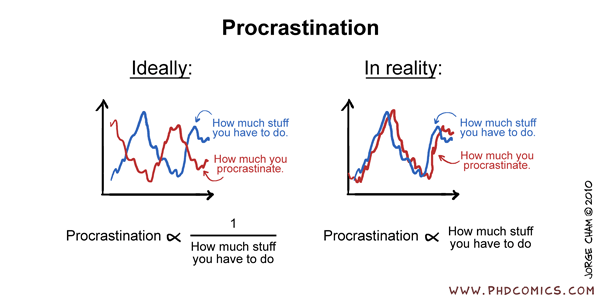My name is Forrest Stonedahl, and I am an assistant professor of Computer Science and Mathematics at Centre College, in Danville, Kentucky. I became interested in the MOOC phenomenon last summer, and am currently the (proud?) possessor of two certificates attesting to my quasi-academic achievement in two Coursera courses last fall. Specifically, I completed the same computer science course on "Functional Programming in Scala" that Mark Lewis of Trinity has previously blogged about, as well as a marketing course on "Gamification". I found the computer science course to be intellectually stimulating and enjoyable - even though most of the concepts were already familiar to me, it's always fun to learn a new computer language, and I had been meaning to learn Scala for some time. That course gave me the excuse (and extrinsic motivation) to actually dig in and do it. I'll probably post some more about my experience with this course later, to provide another perspective to complement Mark's view of the course.
With the marketing course, I "attended" most of the first week's video lectures after which point I decided that the course was rather dull, and I wasn't learning much. Now, I could have dropped the course at this point, but instead I decided to try an experiment to see if I could pass the course while doing as little work as possible, and without watching any more of the course videos. I became, "virtually", one of those students who never comes to class except on the exam days. (We don't tolerate such behavior here at Centre College, but I know it can happen at some larger universities...). A quick text search of the lecture notes each week would provide the definitions needed to pass the multiple-guess quizzes (and the quizzes could be repeated to get higher scores -- thus, I came close to acing most of them). There were also a couple of peer-graded writing assignments, but I am perfectly capable of expounding on a theme while injecting some appropriate marketing jargon here and there. The experiment's result: I ended the course with an overall score of 92.5%, despite having learned very little. Is this a failure of MOOC-based learning? Perhaps. But I rather suspect my experience would have been even more abysmal if I had been forced to sit through the physical version of the class at UPenn. You are free to choose among a few possible morals of this story:
- An intelligent but uninterested person can still pass a MOOC with relatively little effort, and little educational gain. While this may de-value the reputation of MOOCs, the same observation applies to some brick and mortar courses as well.
- Despite Coursera (et al's) attempts to court only the best faculty at the best universities, occasional courses can be uninspiring.
- I personally am not a good candidate for business school -- probably some people found the course scintillating. But in my defense, I came into the course thinking that the *idea* of "gamification" is very interesting. And I still do. I just don't think that this course on the topic was very interesting. In fact, I could imagine myself teaching a short course on the subject with a small group of energetic undergraduates where we actually spend time working on projects to *implement* gamification ideas in a real context. That would be interesting. But I digress.
And I would like to. Honestly, I would. Although I have a background in A.I., I'm excited about learning this material which focuses specifically on the A.I. techniques useful for programming self-driving vehicles. Furthermore, I'm currently teaching a course on A.I.and I am interested to see if there are any topics that I can tie in to my own class. However, I've only made it through one week of this course that I started almost a month ago. The road to procrastination is paved with good intentions. And with a busy spring teaching term incessantly pushing new deadlines to the top of my to-do list, I just haven't found the time to make progress. However, I feel pretty certain that if this course was like the Coursera courses I've taken, with weekly homework and quiz deadlines, I would have found (or made) the time. As it is, the temporal gap widens, and the knowledge I gained in week 1 may already be fading, and becoming stale as it creeps toward the dark recesses of my memory.
Food for thought: If even those of us who have a love for the subject and pride ourselves on independence and self-learning require extrinsic punishment/reward to pace the course appropriately, how will our less motivated students fare in such an environment?
The blessing of self-pacing is that it's flexible -- you can fit the coursework around your busy work/life schedule.
The curse of self-pacing is that it's flexible -- you might not fit the coursework around your busy work/life schedule.
 |
| "Piled Higher and Deeper" #1388 by Jorge Cham. Used with permission. |
Is it human nature, or do the students (and I?) just need to learn better self-discipline and time prioritization skills? My take is that while self-pacing sounds liberating in theory, in practice I think it will prove ineffective for most students. Agree? Disagree? Either way I'd love to hear from you -- comment below!
"I set before you life and death, blessing and curse. Therefore choose life." --The Divine Instructor, as abstracted from Deuteronomy 30:15-20
ReplyDeleteToday, we might adapt that divine guidance to read:
"I set before you the joy of discovery learning and the bliss of obliviousness. Therefore choose the joy of discovery learning."
It seems like a no-brainer to me, just as the syllogism of Deuteronomy 30:15-20 is a no-brainer in which the startlingly obvious conclusion follows immediately from the premise by way of the astonishingly remarkable null argument.